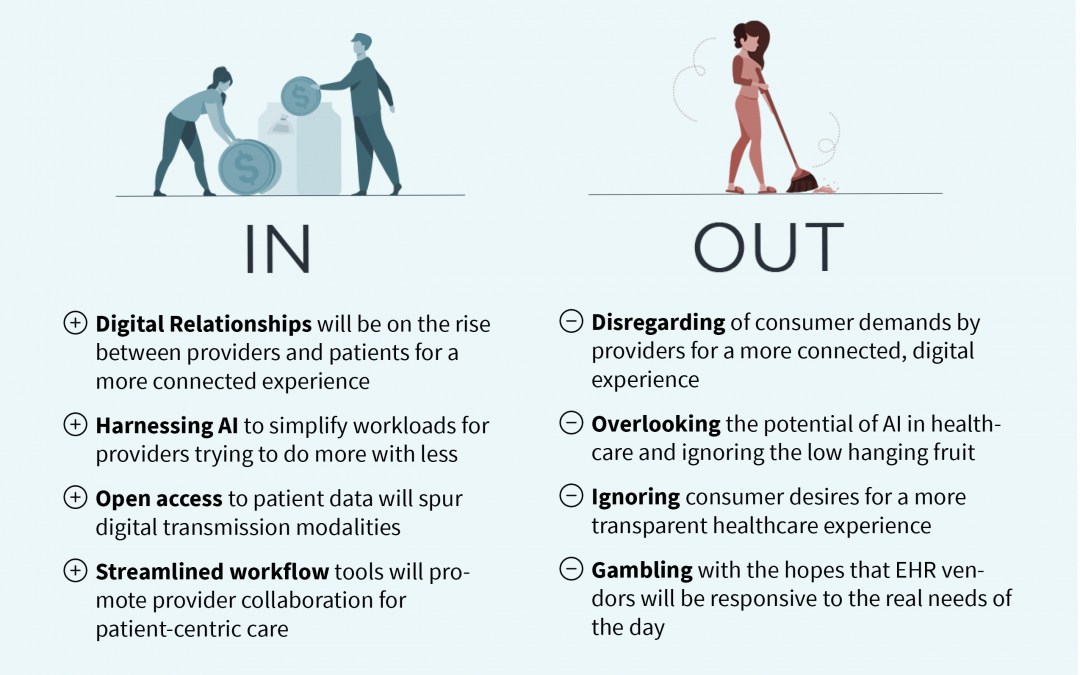With a new year comes an opportunity for professionals in the healthcare industry to evaluate goals and initiatives for 2023. In business, we’re constantly reminded that with even the best-laid plans come unforeseen obstacles.
In this article – originally published by @pharmaphorum – I outline some of the challenges that I anticipate for the 2023 year, that our business is planning to solve. At @Skyscape, we’re developing mobile solutions for the modern healthcare professional to help ameliorate these challenges, and in the spirit of our mission I offer advice to organizations to prepare for coming trends:
Healthcare services will be beholden to “consumerization,” or consumer demands for a more connected, transparent patient experience. Millennials and Gen Zers today have lived digitally-connected lives, and most consumer services have already catered to digital demands – whether that’s ordering grocery delivery, shopping online without visiting the store, or purchasing a car to be delivered. The healthcare industry is next, as providers must build digital relationships with their consumers.
I expect a more patient-friendly experience, incorporating trends such as online scheduling and onboarding to create more efficient in-person visits, automated post-visit follow-ups, better incorporation of remote care into the experience, and even direct patient communication with providers to build trust.
Healthcare is ready for disruption and Artificial Intelligence (AI) is ready to assist providers who are struggling to do more with less. With the rising cost of doing business, staff shortages across all aspects of healthcare, and the compounding effect of “doing more with less,” healthcare companies must turn to technology to simplify their workloads. From data management to facilities, scheduling, and reliable medical content, AI is poised to support practices in transition.
For example, with large volumes of data and AI entering healthcare management, providers can simplify administrative tasks by outsourcing to AI-powered automation. The biggest criticism of AI is its dehumanizing aspect. But with careful and cultural considerations, AI can free clinicians from the menial, repetitive administrative tasks and enable them to focus their attention more on patient care.
Non-human resources such as facilities, beds, or Operating Rooms rooms will continue to be more intelligently leveraged with better scheduling and utilization. This is especially crucial in the post-Covid surge in the preventative and chronic disease care that was artificially suppressed in the last two years.
Finally, further experimental services with AI could provide more reliable medical content, as opposed to existing misinformation available via Google or search engines. Patient care questions can be more carefully vetted with appropriate source content libraries.
Healthcare companies must provide open access to patient data, as consumers will demand a more transparent healthcare experience. One recently enacted provision of the 21st Century Cures Act states that providers must offer electronic access to protected health information and payment records – and will change the game in consumers’ rights to transparency.
Companies must move to patient portals or other systems to provide access to patient data online and begin removing silos in Electronic Health Record (EHR) systems. Consumers today expect to be empowered and educated in the experience, and with more simplified access to their records, they can make better-informed decisions about their healthcare.
Healthcare companies that don’t streamline workflow and collaboration for patient-centric care will fail. There have been many ventures with targeted solutions, but they fail to recognize the complexity and connectivity across the care continuum. With patients increasingly relying on online and seamless care, provider organizations must consider incremental technology adoption and how to communicate electronically in a HIPAA-compliant manner.
Privacy is of great concern, especially when transmitting patient information remotely, and leaders must place a greater emphasis not only on the ease of access but on the security of that protected health information. It is evident in the social media explosion, there are abundant channels to communicate, but none are well-suited to connect the silos.
EHR is the 800-pound gorilla and is not incentivized to be responsive to the real needs of the day, but certainly will not be displaced anytime soon. Solutions that coexist and enhance care delivery by acting as a glue in the current machinery will help improve the bottom line and patient outcomes by reducing hospital readmissions and eliminating redundancy caused by a lack of effective collaboration.
#hipaa #digitaltransformation #EHR #privacy #AI

